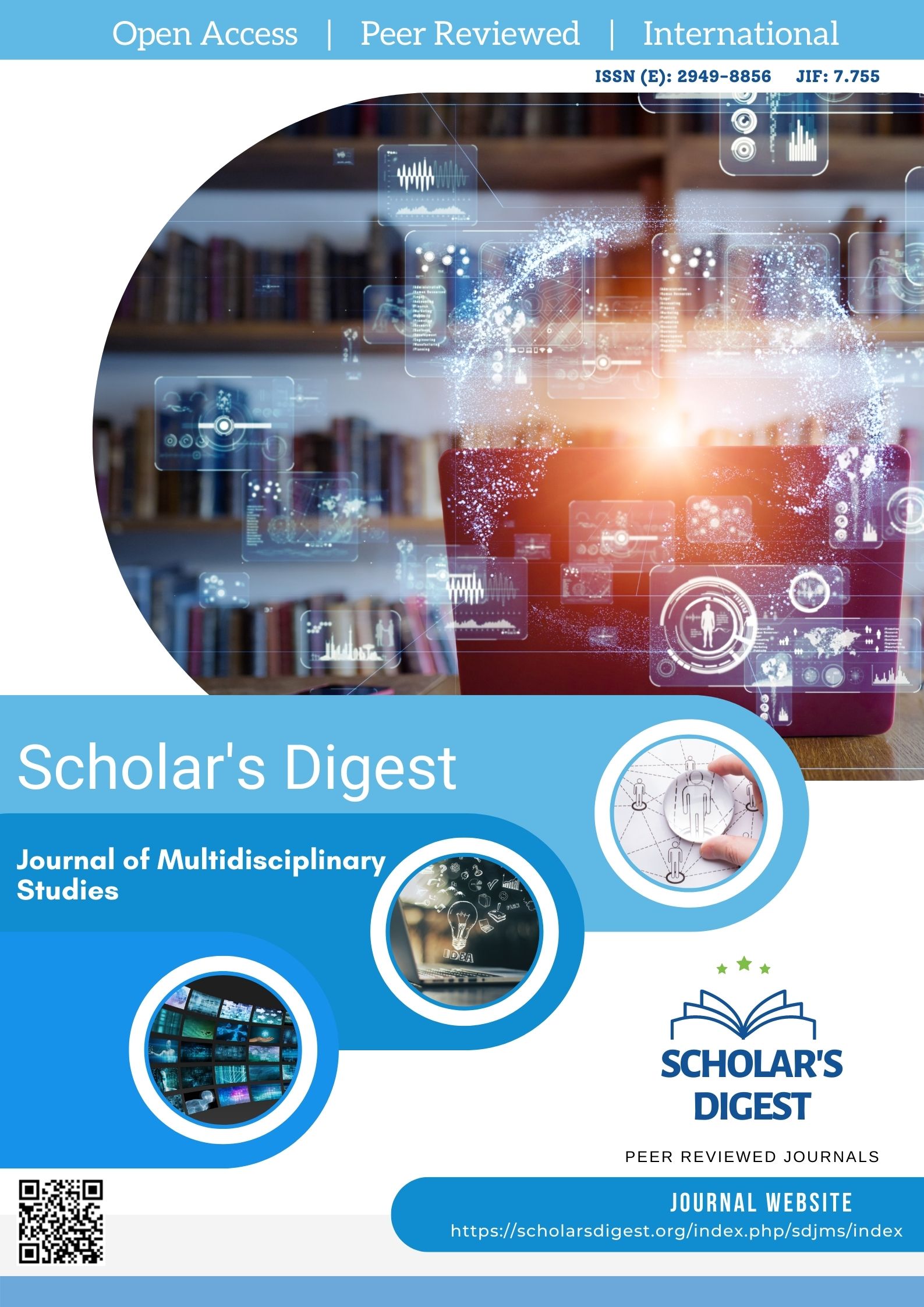RELEVANCE THEORY AND COMMUNICATIVE LANGUAGE TEACHING: A UNIFICATION FOR EFFICIENT COMMUNICATION IN THE CLASSROOM
Keywords:
Relevance theory, communicative approach, classroom activities, cognitive derive, communication, language acquisition.Abstract
Relevance Theory (RT), a branch of pragmatics, provides a cognitive model of how speakers infer meaning through context in a process of ostensive communication. Formerly integrated with the Communicative Approach in language pedagogy, RT can be held to constitute sound theoretical grounds for the innovation and improvement of learners’ pragmatic skills and communicative competence. Much like the Communicative Approach, which is more concerned with the actual use and functioning of language in real communication and thus closely related to RT in that the latter also emphasizes context-sensitive interpretation and maximal relevance. Where RT is incorporated with CA, instructors may design activities that develop students’ ability to infer meaning, identify implicit information, and engage in unmarked communication. The movement beyond mere structural accuracy is attained, leading the students to handle complex interactions in a context-proper way. Tasks informed by RT, like working out implied meanings in dialogues or explanations of textual ambiguities, would serve to upgrade the students’ critical thinking in language and further deepened their skills. Similarly, a focus on what the speaker wants and what the listener understands relates to how CA helps people communicate better. This study looks at how RT could make CA stronger by giving a mental model for seeing how communication works, showing useful methods for class use, and in the end, boosting skills in using language correctly by learners in many speaking situations. Joining RT and CA not just ties ideas to actions but also helps learners be skilled talkers in real-life settings.
References
Alsubaie, M. M. (2017). The role of communication skills in learning and using the second language (Doctoral dissertation).
Bach, K. (2006). The top 10 misconceptions about implicature. Drawing the boundaries of meaning: Neo-Gricean studies in pragmatics and semantics in honor of Laurence R. Horn, 21-30.
Bazarbayeva, A. S. (2024). MODERN REQUIREMENTS FOR THE TYPOLOGY AND SYSTEM OF EXERCISES IN TEACHING FOREIGN LANGUAGES. European International Journal of Pedagogics, 4(08), 36-39.
Downloads
Published
Issue
Section
License

This work is licensed under a Creative Commons Attribution-NonCommercial 4.0 International License.








